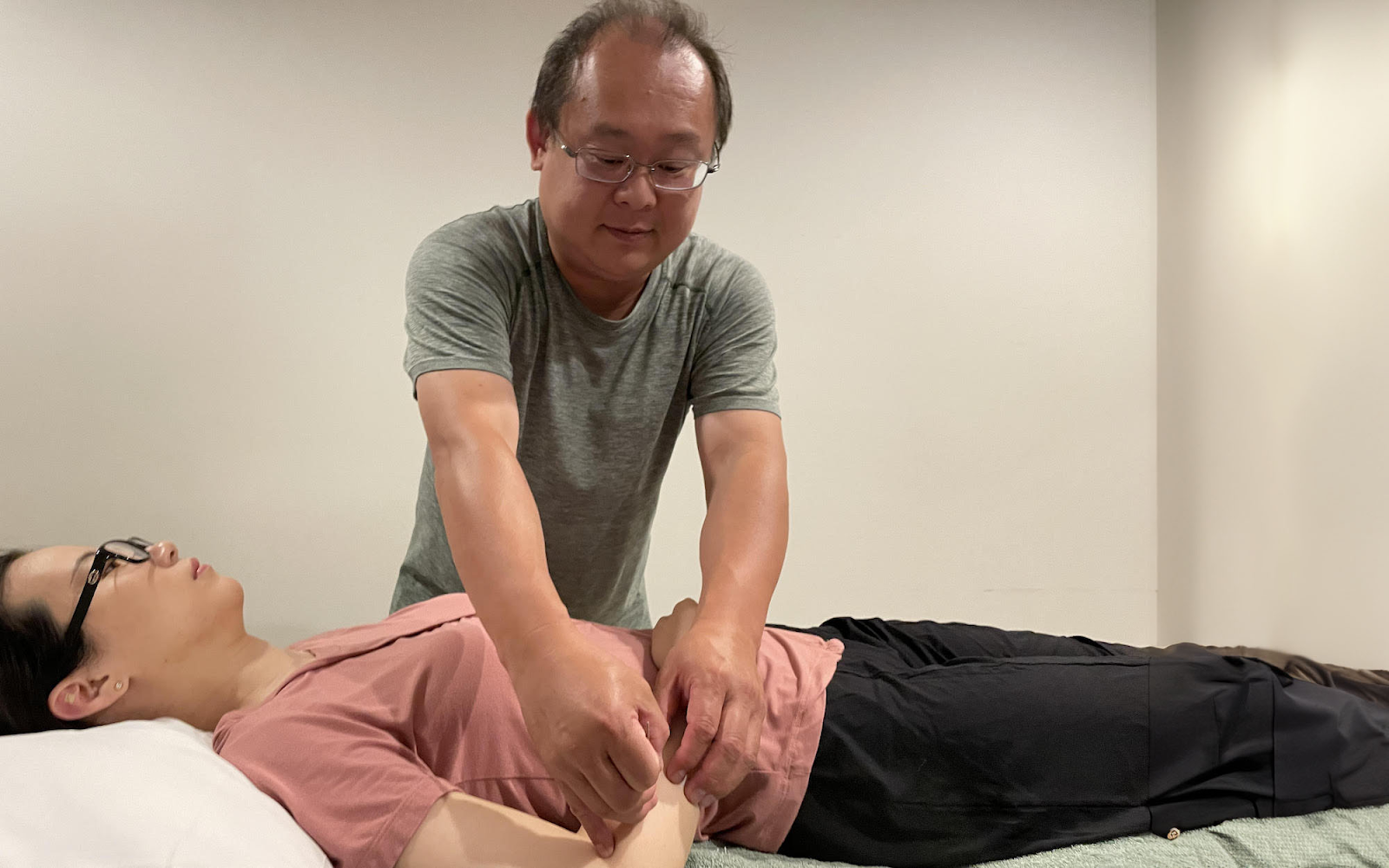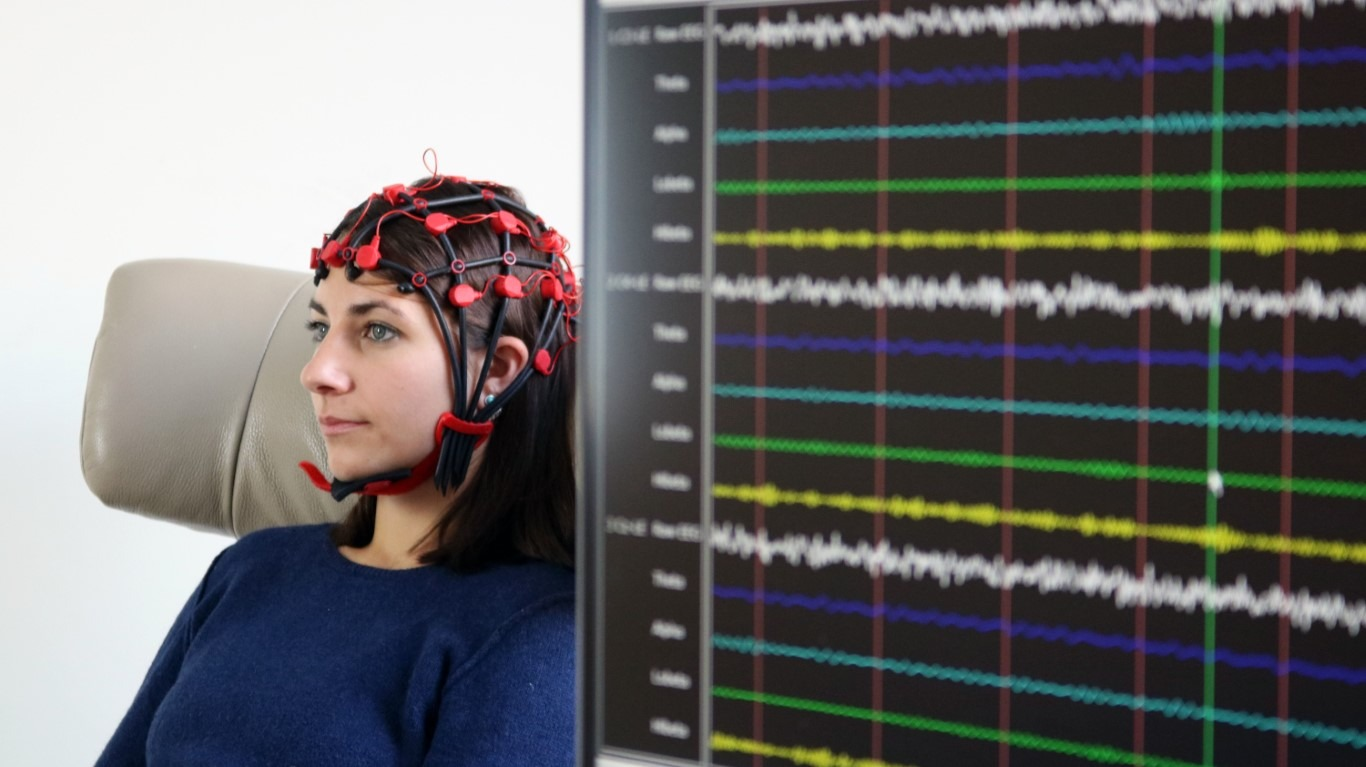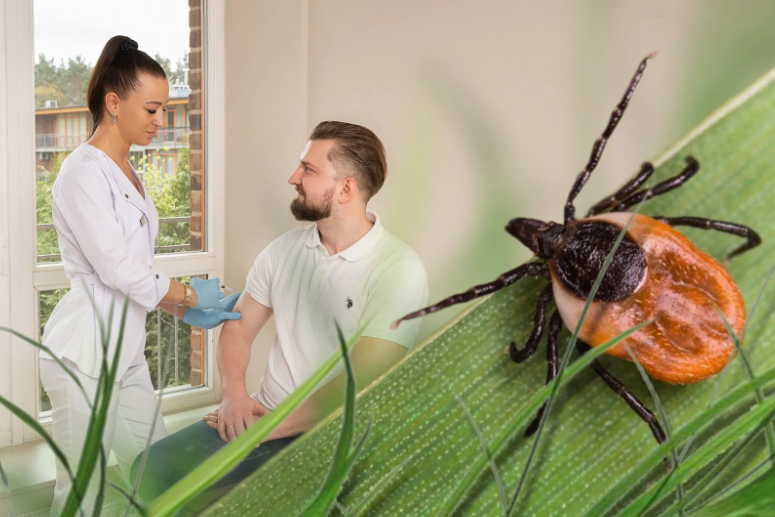Discover Your Perfect Healer Today!
Our online practitioner directory connects you with a wide range of healers to suit your unique needs.
Easily search and find the right professional to support your wellness journey.
Start exploring today to find your perfect match.
Modality
Disease
Books
Products
Events
Training
Blogs
Acupuncture
Conclusion: Is Acupuncture Right for You?
Acupuncture has grown in popularity as an alternative form of treatment for many different health problems – from chronic pain to stress. But like any ...
Read More → Written by
David Brown
Neurofeedback-Biofeedback
Unveiling the Truth: Is Neurofeedback a Science?
According to proponents, neurofeedback is a method of brain training that uses real-time EEG data to improve cognitive functions, e.g. focus enhancement and anxiety reduction. ...
Read More → Written by
James Williams
Acupuncture
Crying After Acupuncture: Is It Common and What Does It Mean?
For centuries, acupuncture has been among the greatest components of old-style Chinese medicine. It is an age-old process that includes inserting thin needles into particular ...
Read More → Written by
David Brown
Lyme Disease
Detoxing for Lyme Disease: Does It Help?
Explore Our Online Practitioner Directory Now. Detoxing for Lyme Disease Does It Help? Recovering from Lyme disease can feel overwhelming. This disease may cause many ...
Read More → Written by
David Brown
Reflexology
Is Reflexology Massage Real? Unveiling the Facts and Myths
Reflexology massage has been quite famous in recent times as an alternative treatment for different health conditions. Learn about its principles, possible advantages, and scientific ...
Read More → Written by
John Smith
Aesthetician
Debunking Myths and Misconceptions About Aestheticians
Aestheticians have been considered to play an enormous role in skin care, and there is so much misconception going around about their profession. Those supposing ...
Read More → Written by
James Williams






